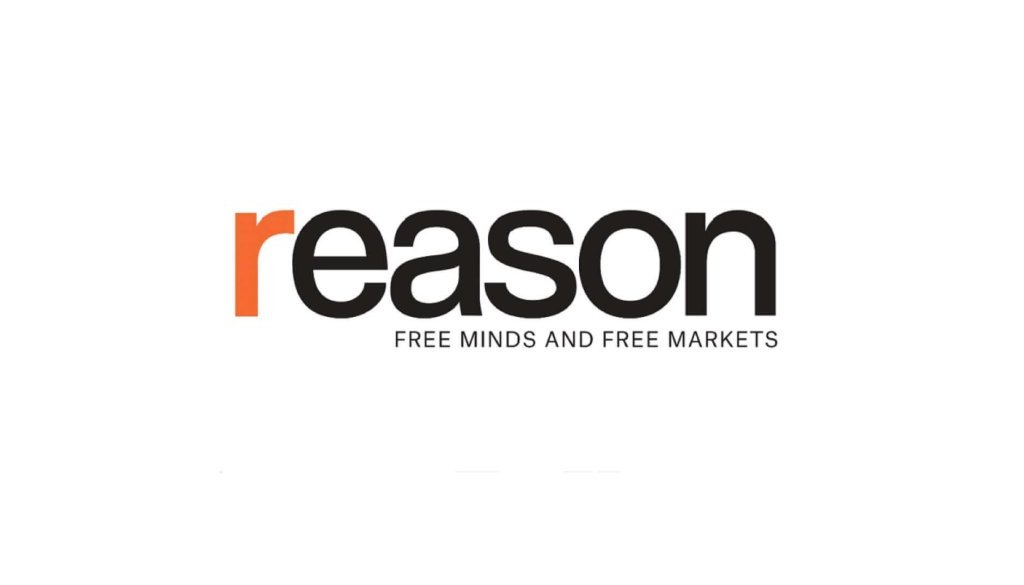Kids Don’t Want Screens—They Want Freedom
Kids love being on their phones and would rather do that than anything else. Right?
New research finds that this is a myth. Children reported that what they really want to do is hang out with friends in real life—with no adults hovering and no screens. Kids go online because that’s generally the only place they can meet up and have fun without constant adult supervision. Being glued to screens is their default, not their desire.
In an August 4 Atlantic piece I cowrote with Jonathan Haidt, author of The Anxious Generation (and my Let Grow cofounder), and Zach Rausch, director of the Tech and Society Research Lab at New York University, we discuss the survey we conducted with The Harris Poll. We asked 500 kids aged 8 to 12 to pick their favorite way to spend time with friends. The choices were: unstructured play, like pick-up basketball or exploring the neighborhood; adult-led activities, like ballet or soccer; and socializing online.
The results surprised many people.
It wasn’t even close: kids want to meet up in person. No tutus, no trophies, no internet—and no adults! Basically, our kids want an old-fashioned, free-range childhood.
But the survey also told us that this is almost an impossible dream, because kids are rarely allowed any free, unsupervised time. We found that:
- Most kids are not allowed to be without an adult in public spaces (streets, parks, playgrounds, stores).
- Most kids have rarely or never walked around without an adult.
- Fewer than half of the 8- and
Article from Reason.com

The Reason Magazine website is a go-to destination for libertarians seeking cogent analysis, investigative reporting, and thought-provoking commentary. Championing the principles of individual freedom, limited government, and free markets, the site offers a diverse range of articles, videos, and podcasts that challenge conventional wisdom and advocate for libertarian solutions. Whether you’re interested in politics, culture, or technology, Reason provides a unique lens that prioritizes liberty and rational discourse. It’s an essential resource for those who value critical thinking and nuanced debate in the pursuit of a freer society.



